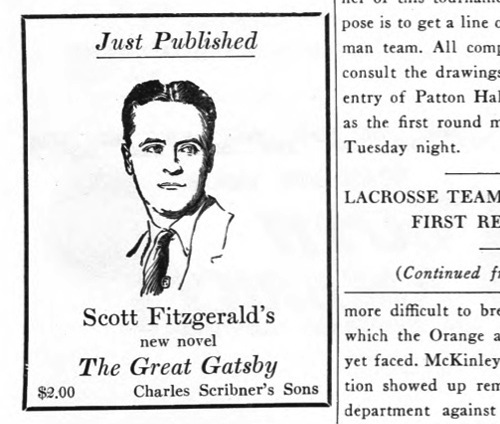Kurt Andersen on the Future of the Artist in the Digital Age

2. The very language we use now (“creatives”, “portfolios”) to talk about this subject seems to be a sub-genus of market-obsessed corporate speak. But insofar as artists these days need to be one-man marketing/advertising/promotional/financial teams, is that necessarily a bad thing? As trite as it may be, is the “marketplace of ideas” a useful framework, and one that we’re stuck with anyway?
There’s a good *side* to the one-man-band self-promotional requirements, in that the old paradigm tended to infantilize authors and artists. Self-reliance is required (again). On the other hand, of course, there’s a risk of the promotional stuff becoming an end in itself, and sucking too much time and energy away from the making-of-stuff.
3. Going one step further, there is now (at least to my eyes) an almost Faustian bargain in this country between artists and advertising money. When our finest filmmakers (Wes Anderson) and greatest artists take paid commissions to spend time hawking products, are we all losing something? Or am I naive to think there’s a better way for society to compensate its artists?
Short answer: yes, the market-maniacal hypercapitalism of the last 30 years gets a little gross sometimes. On the other hand, Ralph Waldo Emerson and Charles Dickens constantly toured, and Walt Whitman wrote an anti-drinking novel for the money; Frank Lloyd Wright and Picasso were canny self-promoters; F. Scott Fitzgerald appeared in magazine ads promoting beauty contests; Richard Wright became the first bestselling modern African-American novelist thanks to the Book-of-the-Month Club. And is being paid by a university to teach MFA students who will never earn a living as writers or artists not its own form of Faustian bargain?
You might also like 



















